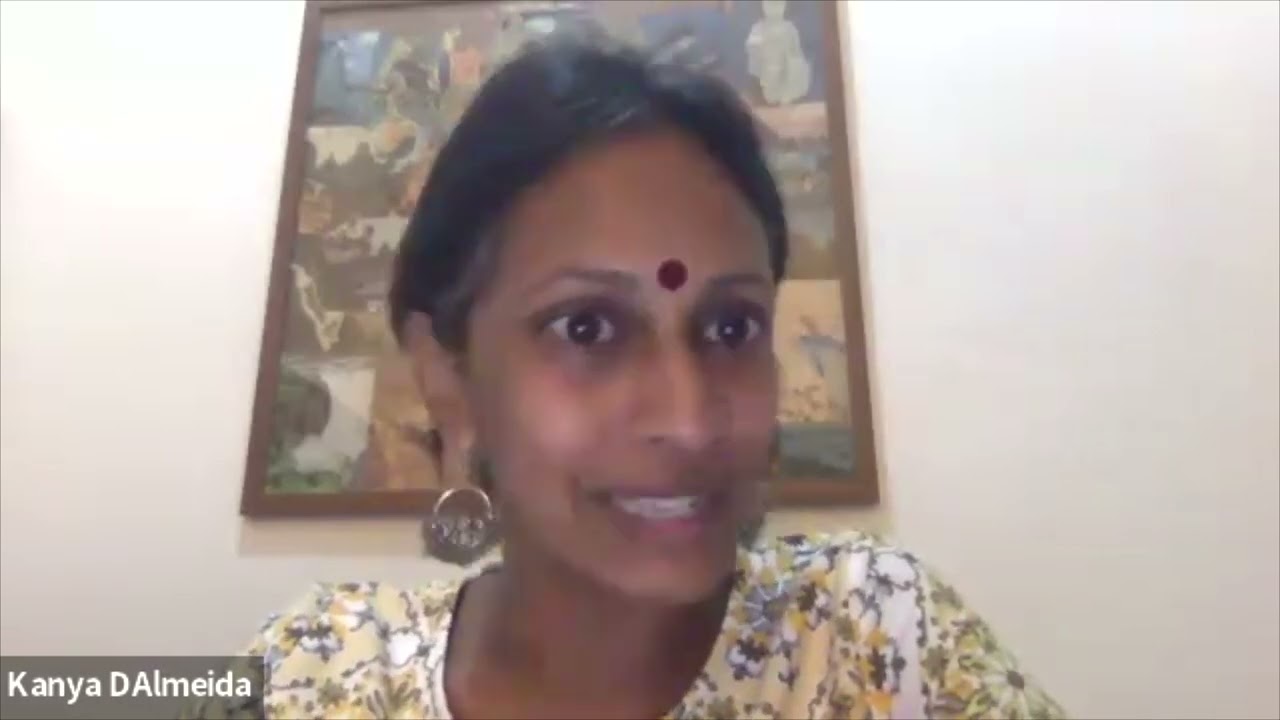Part 1 – Aragalaya, “The Struggle”: Thursday, November 30th 11:30 am Eastern/8:30 am Pacific
Part 2 – Ecosocialist Sri Lanka: Thursday, December 21st 11:30 am Eastern/8:30 am Pacific
Suggested readings:
“The Awakening of Economics: Sri Lanka’s Sarvodaya Movement” by Quincy Saul
“The Threat to Life as We Know It: The View from Sri Lanka,” an interview with Ranil Senanayake by Quincy Saul
“The Living Legacy of Father Michael Rodrigo” by Kanya D’Almeida
“A Farmers’ Struggle in Sri Lanka, Siding with the Elephants,” by Meena Srinivasan
“Sri Lanka 2023: Anniversaries of Struggle,” by Quincy Saul
Suggested videos/podcasts:
2021: “Are Traditional Midwives History?“: an episode of the podcast “The Darkest Light” with Kanya D’Almeida
1984: Ronald Reagan hosts JR Jayawardena at the White House; 2 speeches, 14 minutes
2022: Ranil Wickremesinghe at Advocata, after assuming office; 20 minutes (If viewed closely, these two videos can be a master class; useful for framing our conversation about ecosocialism in Sri Lanka in the context of the neoliberal economic model which emerged in the 1980s and is now in power again:)
2022. “Toxic Rice: Sri Lanka’s Catastrophic Health Crisis,” Kamal Gammampila, interviewed by Quincy Saul
On July 9, 2022 the people of Sri Lanka toppled the Rajapaksa government when they seized the Presidential Palace and the Prime Ministers Mansion. This came after nearly two years of rapid economic collapse in the country due to the global COVID-19 pandemic and unorthodox assortment of neo-liberal economic policies adopted by the government of Gotabaya Rajapaksa, which included a heavy dose of modern-monetary economic policies, that lead to crushing inflation and critical shortages of food, medicines, fertilizers, and fuels – the latter of which the country virtually ran out of in June and early July 2022.
In the midst of this crisis, the people of Sri Lanka were forced to return to many traditional means of sustenance and production. And while there was widespread hardship and rapid decline in the quality of life, the country did not witness mass starvation, nor a mass migratory exit. The question is why? What prevented this crisis from producing catastrophic outcomes? How did the people adapt to the shifting conditions? What production methods did they use to ground themselves? What organizing methods and social narratives did they employ to empower themselves and eventually topple the government through non-violent means? And in the wake of the government’s collapse, how have the people of Sri Lanka continued to navigate this crisis, in the face of little international support and the ongoing efforts of the international institutions of finance and governance seeking to extract the material wealth of the country and exploit the labor and talents of the Sri Lankan people?
Join us in two-part discussion as we explore these and other critical questions about the Sri Lankan revolution. What lessons can and must we learn from this experience that can and will help us navigate the deepening ecological and socio-economic crisis the world is confronting. We will be joined by Sri Lankan ecosocialist activist and organizer, Kanya D’Almeida and Quiny Saul, a US born eco-socialist activist and organizer based in Sri Lanka.
Kanya D’Almeida is the winner of the Commonwealth Short Story Prize, and host of the podcast The Darkest Light. After working as a journalist and activist for many years in the United States, she now lives again in her native Sri Lanka.
Quincy Saul, cofounder of Ecosocialist Horizons, is a musician and writer from the United States and has been living in Sri Lanka for about five years. He is the editor of Maroon the Implacable (Russell Maroon Shoatz) and The Emergence of Ecosocialism (Joel Kovel).


